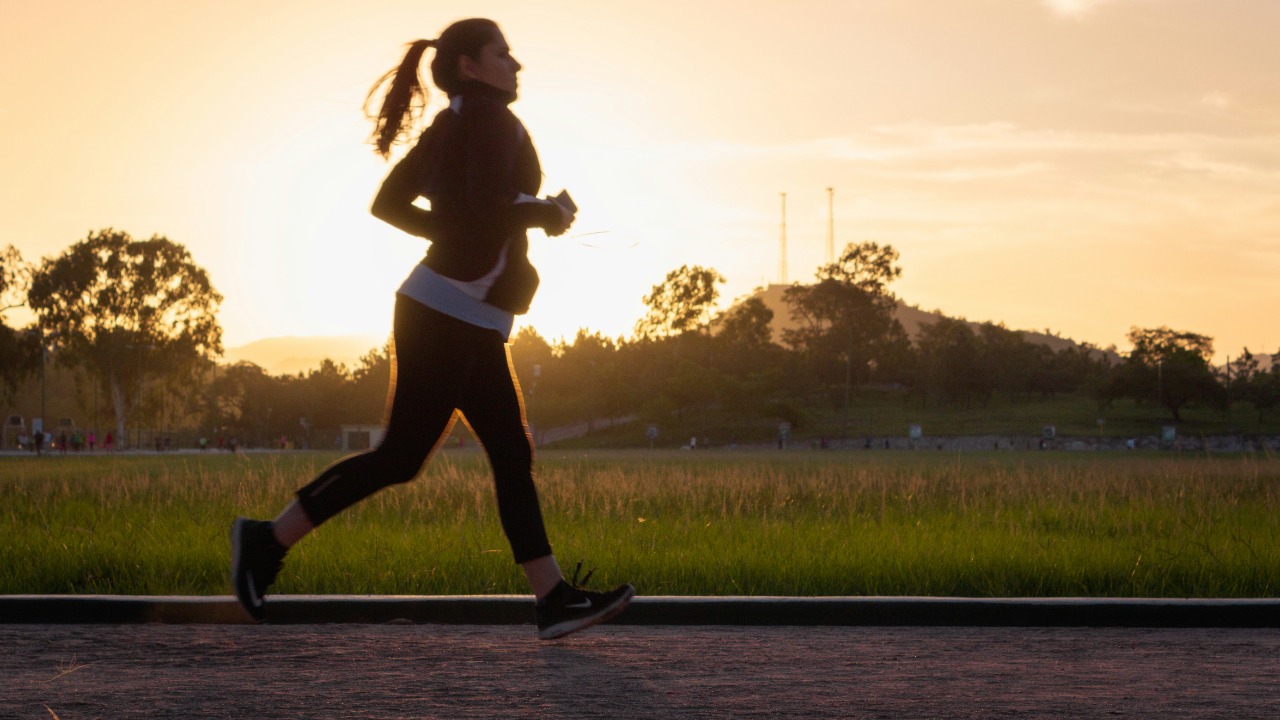
Runners who are not getting enough sleep are at a higher risk of getting injured, according to recent studies. The research indicates that sleep deprivation can double the risk of injuries for athletes, emphasizing the importance of adequate rest for maintaining performance and safety during runs. This underscores the need for runners to prioritize recovery, even amidst their busy schedules.
The Link Between Sleep Deprivation and Running Injuries
A recent study has issued a warning to runners, stating that those who are tired due to disturbed sleep are twice as likely to get injured. This conclusion was drawn after an extensive analysis of athletic performance data. The study shows that insufficient sleep can increase the vulnerability of runners to common mishaps such as strains and falls, as detailed in recent health alerts.
Moreover, the evidence suggests that runners operating on little sleep face doubled injury odds compared to their well-rested peers. This finding is consistent with the scientific reporting that has been conducted on this issue.
Key Findings from Recent Sleep Studies on Athletes
On November 12, 2025, a report highlighted how disturbed sleep specifically warns runners of a two times greater likelihood of injury. This research, along with another study from November 11, 2025, ties poor sleep directly to elevated risks of getting hurt, framing it as a core factor in athletic setbacks.
Broader studies have confirmed that dreaming of fewer running injuries starts with improved sleep quality, linking rest to reduced accident rates. This further emphasizes the importance of good sleep for athletes, especially runners.
Physiological Effects of Not Getting Enough Sleep
Sleep deprivation can lead to impaired coordination and slower reaction times, making everyday activities riskier for the body. Without adequate rest, the body experiences heightened inflammation and weakened muscle recovery, as explained in health overviews. This can have a significant impact on the performance of athletes, particularly runners, who rely heavily on their physical fitness.
Chronic tiredness from little sleep can also disrupt hormone balance, increasing susceptibility to physical strain during exertion. This can further increase the risk of injuries for runners and other athletes.
Running Twice a Day: Injury Risks Amplified by Fatigue
Running twice in a single day can raise injury concerns, especially when combined with sleep shortages. On March 28, 2025, guidance questioned whether running twice daily is safe or leads to harm, stressing the need for recovery. This guidance, as reported by Runner’s World, emphasizes the importance of rest and recovery for runners.
Fatigued runners attempting back-to-back sessions face compounded risks, with sleep serving as a critical buffer against overuse. This highlights the importance of adequate rest for runners, especially those who run multiple times a day.
Broader Health Impacts of Sleep Loss on Active Lifestyles
Not getting enough sleep can trigger a cascade of issues like reduced focus and elevated stress, affecting overall wellness. On May 29, 2024, detailed accounts outlined what happens to the body under sleep deficit, including compromised immune function. This information, provided by the Cleveland Clinic, shows how sleep deprivation can have a broad impact on health.
For runners, this translates to higher vulnerability during training, where even minor lapses can result in serious injuries. This further underscores the importance of good sleep for maintaining an active lifestyle.
Strategies to Improve Sleep for Safer Running
Prioritizing consistent sleep routines can halve injury risks for runners, according to study recommendations on rest. Practical tips include establishing wind-down habits before bed to combat disturbed sleep patterns. Integrating recovery days with quality sleep can help athletes avoid the doubled injury odds tied to fatigue.
These strategies, as suggested by Medical Xpress, can be instrumental in improving sleep quality and reducing injury risks for runners.
Why Sleep Matters More Than You Think for Endurance
Better sleep is positioned as the foundation for dreaming of fewer running injuries, according to expert insights. Addressing sleep deprivation can directly lower the twice-as-likely injury probability, supporting long-term athletic health. Therefore, runners should view rest as essential training, not optional, to sustain performance without setbacks.
By prioritizing sleep, runners can not only improve their performance but also significantly reduce their risk of injuries. This highlights the importance of sleep in the world of endurance sports and the need for athletes to prioritize their rest and recovery.
More from MorningOverview